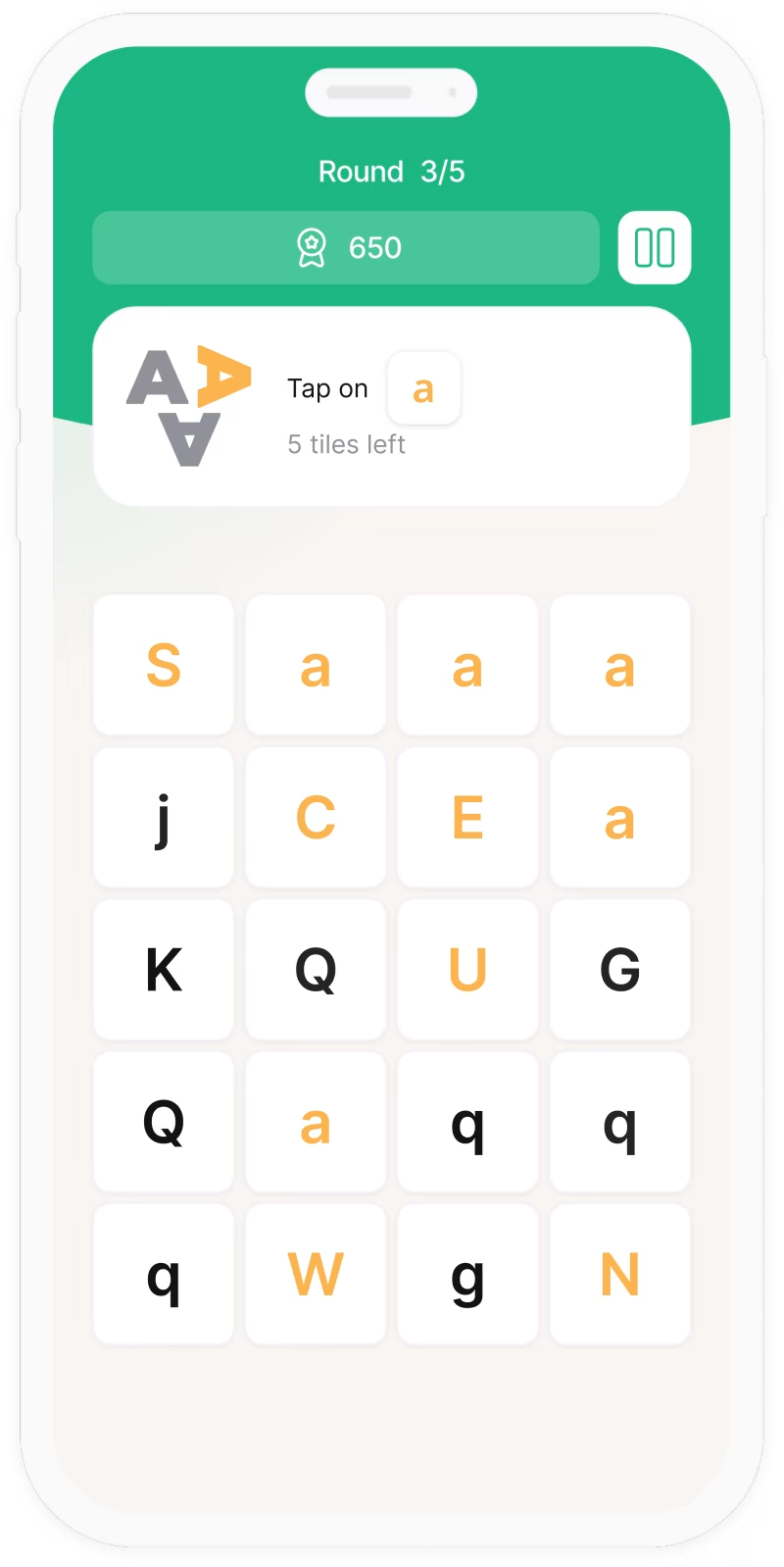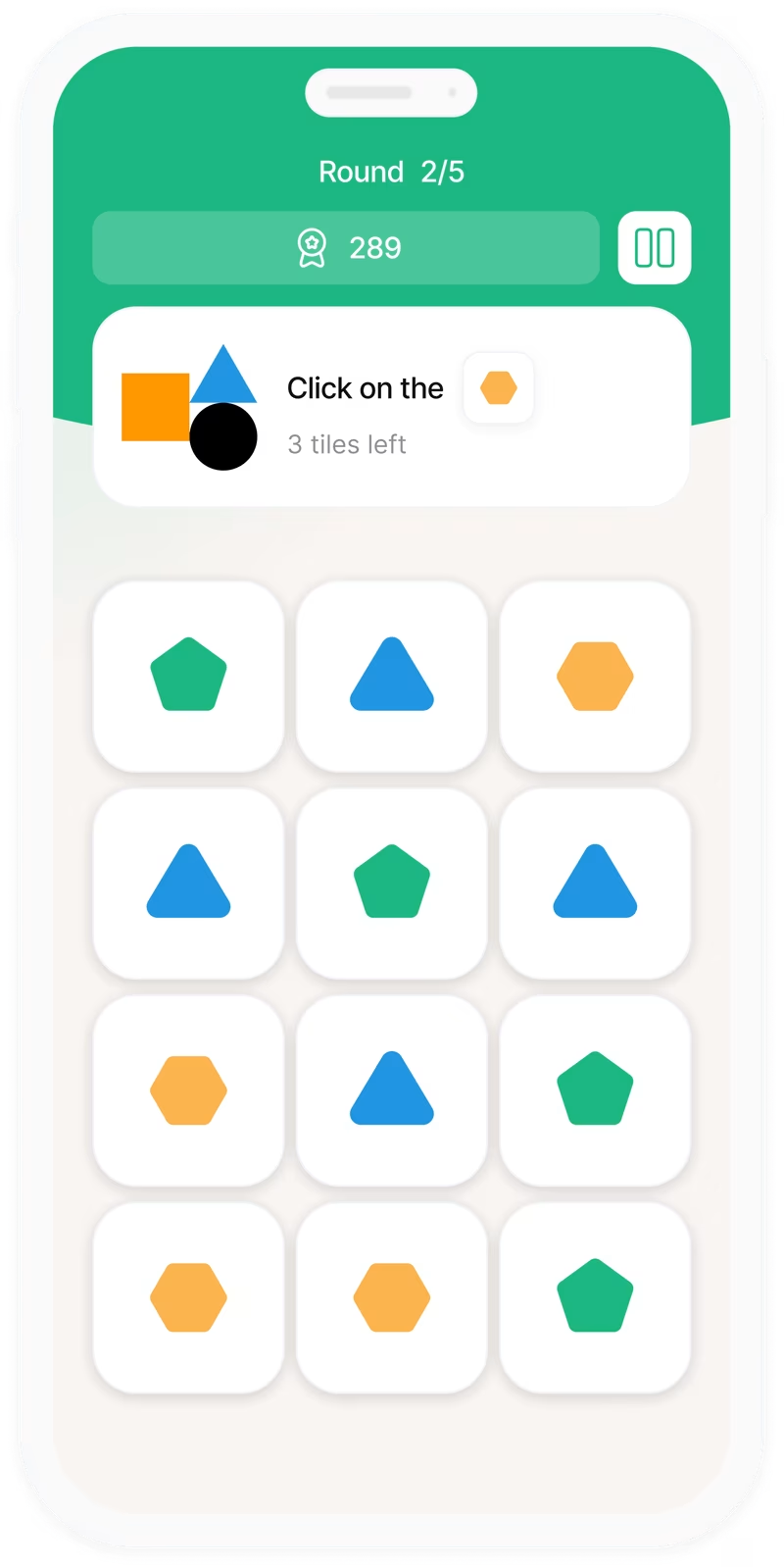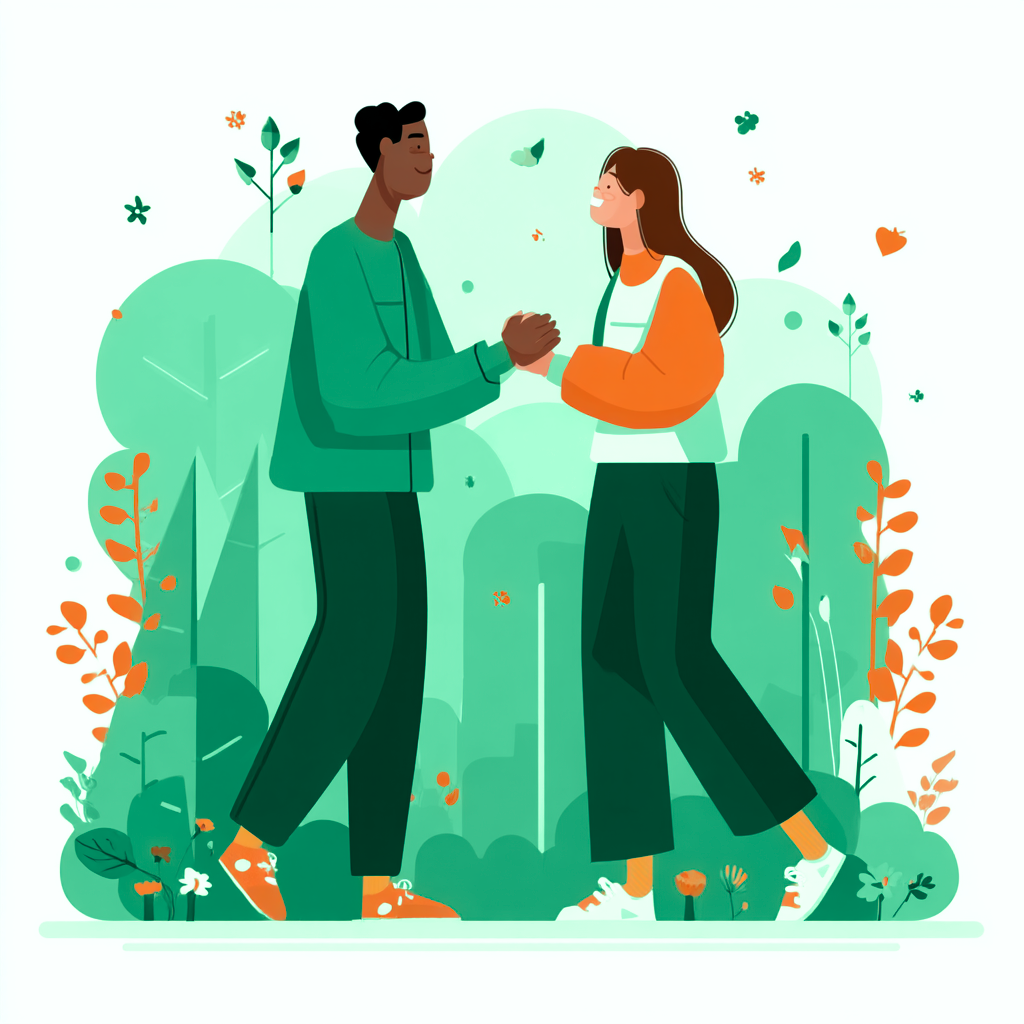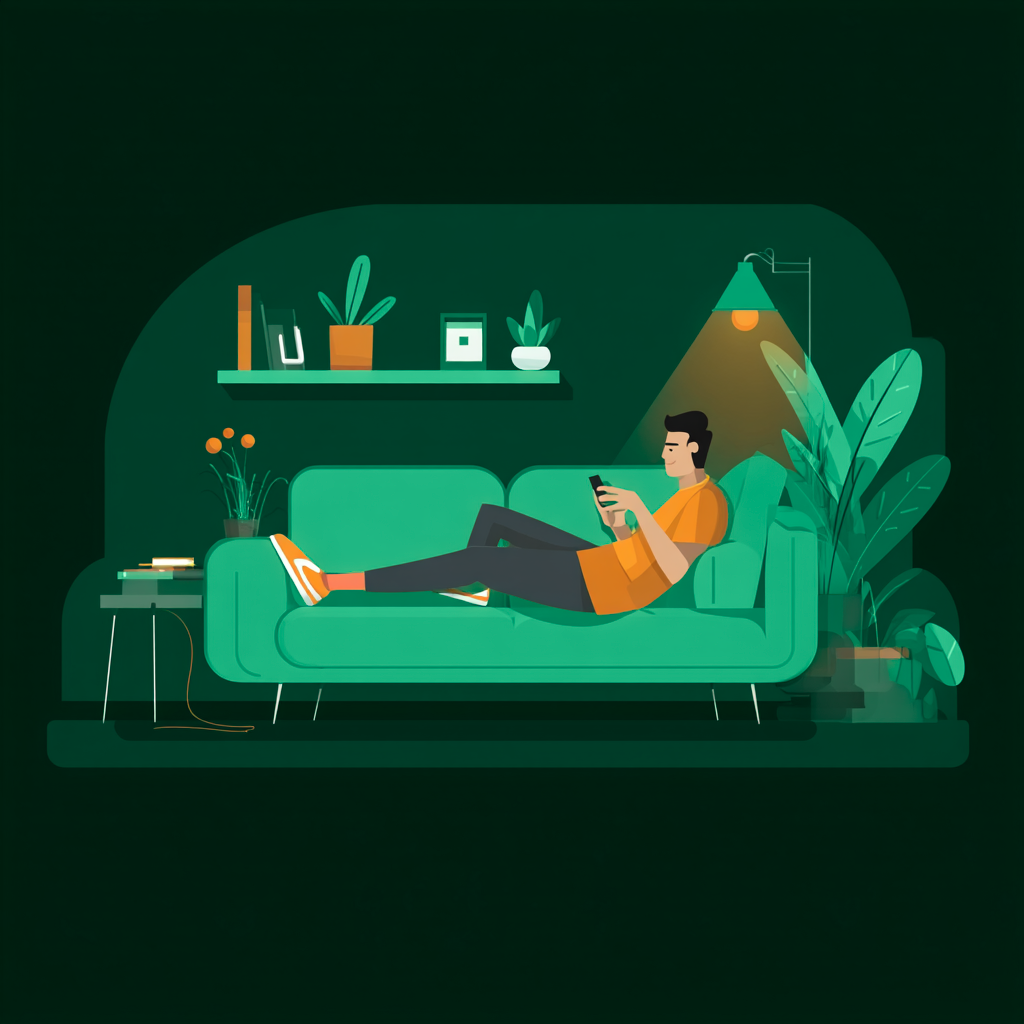Romantic relationships with ADHD can feel like trying to dance to a shifting beat, you care deeply about your partner, but attention, emotion, and memory don't always move in sync. The challenges aren't about apathy, they're about a brain that processes time, feelings, and signals differently. Here's what that looks like:
Missed texts, birthdays, or errands can feel like neglect to a partner, but studies show ADHD-related inattention, not lack of love, predicts lower relationship satisfaction years later, especially when inattention is high in early adulthood [1]. Partners often misread ADHD-driven disorganization as "not caring," which can lead to nasty fights and arguments.
Tip: Setting reminders (shared calendars, sticky notes, phone alerts) can turn "I forgot" into "I planned for us."
Although not everyone with ADHD has it, emotion dysregulation is common in adults with ADHD and is linked to functional problems, including relationship strain which can lead to relationship problems and dissolution [2]. Criticism can hurt a lot, amplifying arguments or leading to shutdowns.
Tip: Learning to label, pause, and regulate emotions can fix a lot.
Hyperfocus can supercharge the romantic relationships to begin with, but then as novelty fades partners feel dethroned or neglected [3]. The attentional shifts and missed moments when contrasted with initial hyperfocus can get interpreted as loss of interest and detachment.
Tip: The key is designing sustainable rituals of connection (morning routine, planned dates, bedtime chat) and keeping the flame alive.
Attachment patterns appear to mediate how ADHD symptoms translate into coping and support gaps. Adults with ADHD symptoms report poor relationship quality and communication issues, but having a partner with an anxious attachment style can double the trouble [4].
Tip: Partners also need to assess their own attachment patterns to figure out what might help. Work on building trust.
Researchers have noted lower sexual satisfaction among adults with ADHD, which can change the experience of intimacy and closeness [5]. Emotional regulation is central to this dynamic. Without it, restlessness can lead to chasing novelty or quick thrills, which may feel exciting briefly but can be detrimental to relationships. The goal isn't to suppress these impulses, but to manage them with awareness and healthier strategies.
Tip: Partners may also report mismatched desire or tempo and distraction during intimacy issues worth addressing early with explicit agreements and sensory-friendly setups.
ADHD doesn't doom love, it just changes how you should approach it. It asks for a bit more patience, a little extra creativity, and a willingness to adapt. After all, ADHD may bring distractions, but it also brings passion [6], spontaneity, and a spark that can keep love anything but boring. Think of it less as a dealbreaker and more as a different love language, one that comes with its own tempo and perks.
Whether you're here to focus better, calm your mind, or just feel a little more in control, we’re here to support you. One game at a time.





